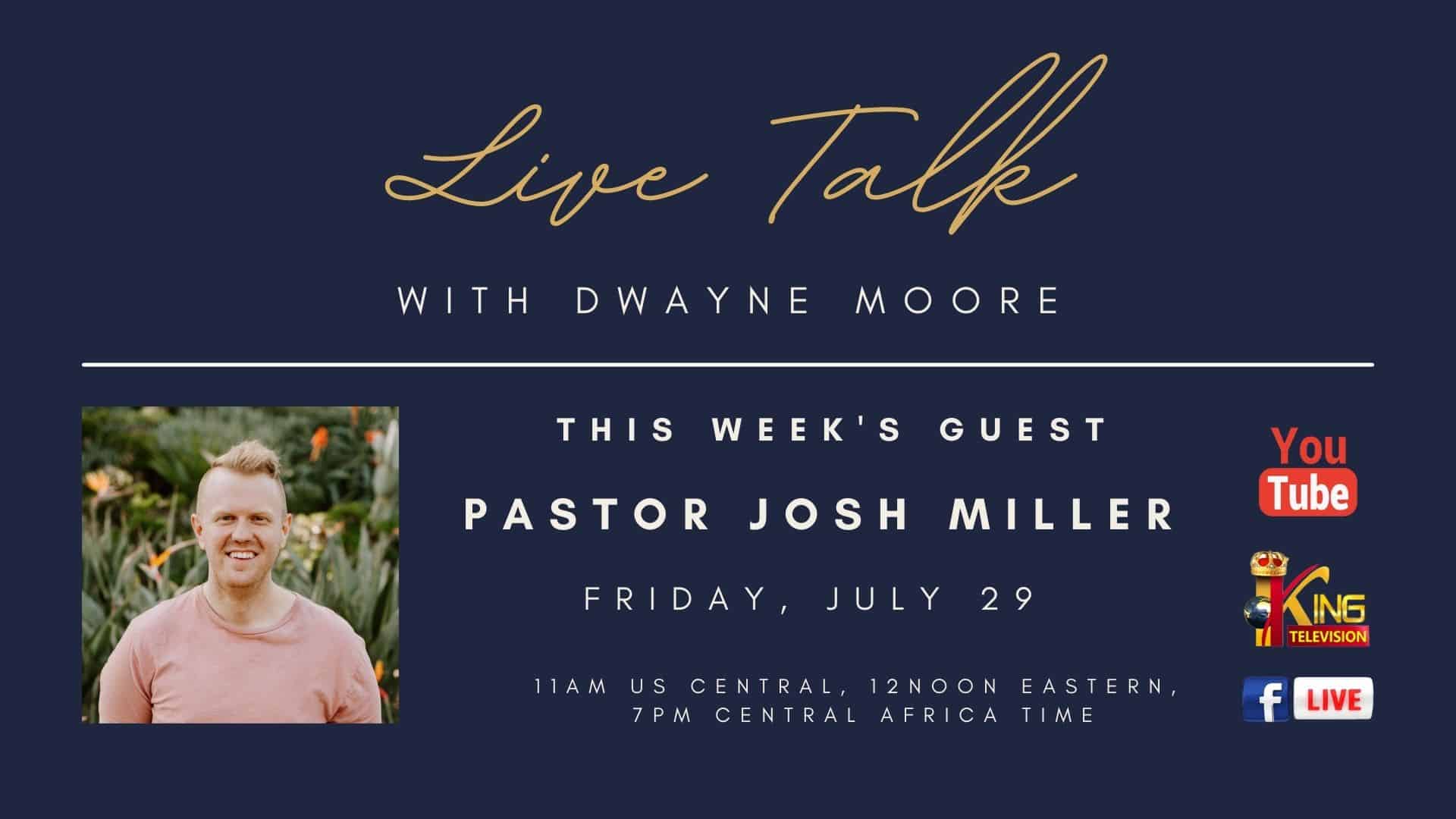A Process to Train Worship Leaders
Our end goal is not to produce great worship services, but rather, to produce great worshipers, who will in turn help produce great worship services.
At NLW, we suggest a “funnel process” for discovering and developing worship leaders. This process is intentional, prayerful, and deliberate. It’s intentional because we believe training and discipleship don’t happen by accident. It’s prayerful because we recognize that in ourselves we are powerless to help people grow. Only the Holy Spirit can bring about lasting change in someone. Our process is deliberate because we firmly believe we have a God-given responsibility to train up those He entrusts to our ministry.
Purpose: to go and make disciples (based on Matthew 28:19).
Vision: to be a “factory” which helps build mature worshipers and worship leaders.
Process: to move people who are worshipers to become apprentices, who then develop into leaders, who in turn become overseers.
Opportunities:
1. For Worshipers. We want everyone in a church to be a true worshiper of God. Thus, you cold offer several non-auditioned opportunities for people to be involved in the worship ministry, including a children’s choir, a beginner band for older students, and an adult choir. Non-musicians may be able to help with production or serve in other ways within the ministry.
2. For Apprentices. Those who desire to grow and become leaders may be given the opportunity to be apprentices who are mentored by a leader or overseer. As these apprentices develop (and to help them develop), they may be asked to help lead in children’s or youth services or in mission outreach ministries.
3. For Leaders. The natural progression for apprentices who stay faithful and committed to growth is influence. Many apprentices may never have an official title or position within the worship ministry. Leadership isn’t dependent or defined by some title. In fact, we generally discourage apprentices from making position their goal. However, as they sharpen their skills and mature, they will become more and more recognized as leaders among the team. Places where these trusted leaders may serve include being core team members in the main service worship bands and vocal teams. Leaders may also serve as managers in the production booth or as primary worship leaders in student bands or mid-week services.
4. For Overseers. Some who are leaders can be asked to become overseers of groups of people within the worship ministry. By the word “overseer,” we do not mean someone who lords over others or who merely manages other people’s schedules. Instead, overseers seek to serve those they lead. Overseers in production might serve as technical directors or as team leaders. Other overseers include choir captains and band directors. Some overseer positions are voluntary, while others may be paid staff positions.
Goals and Qualifications
1. For Worshipers: A worship ministry is responsible to help develop worshipers in two ways: a) to help inspire the congregation to fall in love with Jesus, and b) to help teach them that worship is much more than singing. Conversely, the worship ministry is not responsible for discipling the congregation as a whole in the deeper truths about God and worship. Rather, the goal is to be a catylist which helps spark people’s desire to grow. For example, pray that people catch a glimpse of God’s glory during the worship services and then hunger to learn more about Him through other ministries within the church–such as small groups or missions.
2. For Apprentices: To become an apprentice, one must first demonstrate that he or she loves and worships God. He or she needs to already be serving in some way and involved in the life of our church. An audition and application may also be necessary. Goals for potential leaders involved in the ministry are a) to train them in the basic skills for artistry, production, and worship leadership and b) to disciple them in some of the deeper truths of biblical worship.
3. For Leaders: To be invited to become a leader, one must first demonstrate certain skills and knowledge in his or her area of leadership. To be a leader, one must also complete the Pure Praise worship study and continue to grow as a worshiper. An audition and application may also be necessary to become a leader. The goal for leaders is to teach them how to better lead on stage and how to serve and invest in others off-stage.
4. For Overseers: To be invited to serve as an overseer, one must demonstrate a sincere love for people. He or she must already be pouring into someone, patiently helping that person grow and develop. The goal for overseers is to coach them to identify potential apprentices within their groups that they can help to mentor—thus producing more leaders.
Timeline for this Process: As long it takes! We’re not trying to grow dandelions here; we’re growing oak trees–men and women who will be worshipers and worship leaders for life. Some people will move through the process much faster than others. Some may take months or even years to develop. That’s fine. We’re committed to this process and to our people for the long haul–just like God is committed and patient with us! (See Philippians 1:6)
This process was developed and written by Dwayne Moore.







Leave a Reply
You must be logged in to post a comment.